Why Does Leather Darken With Age?

The epic battle between light and darkness is fantastic. It captures our imaginations, shakes Hollywood's big screen, haunts the brains of all our great philosophers, both modern and historical, and determines how we see the world. When the difficulty comes to us, it's less great. It's no longer a thrilling spectacle in our minds. Its voracious teeth are threatening to eat our skulls this time. There is both uncertainty and clarity. Caution!
You must be thinking, is this a leather related blog? Well, if you follow my blogs, you would know that I love using metaphors! So, join me.
That is why, at all costs, we prefer to keep the whole light vs. dark debate outside of our leather. It doesn't matter if the leather is faded or discoloured. The warm, pleasant hues have vanished with the breeze, leaving us with something nasty in their place.
Our only alternative is to repair it.
How Does Leather Age?
Isn't it true that old is gold? This is also true for leather. The older it gets, the more personality it develops. New leather is also fantastic. It is quite soft and ideal for coats. Old leather, on the other hand, has certain distinct benefits that grow through time. Over time, the colour and finish darken. 'Patina' is the name given to this finish.
So, when you hear the term patina, it simply refers to the beautiful sheen that leather gets as it ages. Organic leather patina occurs over time as a result of sun exposure, natural body oils, dirt, and exposure to the elements. Leather matures similarly to how wine improves with age or how old people have more tales to share.
It also has Anti-Ageing Properties
Also Read: Who Makes The Best Leather Bags?
Why does Leather darken?

Basically, leather darkening is a good as well as a bad thing!
It’s good because it develops patina on the leather surface. You must be thinking what is patina?
Well, Patina is the ageing process that occurs on natural materials such as wood, denim, canvas, metal, and stone. It's a hallmark of high-quality things that aren't usually present on their lower-priced competitors.
Wearing, exposing to the environment, or handling generates a distinctive shine and antiquing look.
Metals and stones aren't usually associated with patina, yet the Statue of Liberty is a classic example of copper patina. From a rich golden tint to its well-known green.
And it’s bad because dirt, body oils, sunshine, and wear and tear all contribute to the darkening and softening of leather items. To achieve these looks, the leather will naturally oxidise and age over time.
This is a natural process that cannot be recreated artificially.
It certainly takes awhile.
How does Leather Patina Develop?
The most straightforward way for patina to form is via use. The simplest method to leave your imprint on a leather wallet is to handle it. It's a long-term process that will reveal itself over time.
Scratches and scrapes are also a significant element of the procedure. These will fade with time, but they contribute to the overall appearance, feel, and texture of well-worn leather products.
- A variety of things influence how patina develops over time:
- Using oils on your hands
- Dust in the air
- High humidity
- Your jeans have indigo dye on them.
- Sunlight
- Scuffs and scratches
Taking care of Darkening of Leather With Age
Darkened leather, like fading leather, can indeed be challenging to cure. Darkening can occur whenever oils, such as body oils or leather conditioner, begin to clog the pores of the leather (if too much has been used).
Preventing darkened leather is best accomplished by preserving it with leather conditioner and doing frequent spot cleanings before it has a chance to darken.
Nevertheless, leather conditioner by itself, even when applied properly, may discolour leather due to its oily nature. As a result, it is always critical to test leather cleansers in an inconspicuous location before applying them.
Lighter coloured leathers are perhaps the most prone to darkening. We've always been interested in our counterparts, and leather is no exception.
If you're eager, some sunlight could do the trick. However, be certain that the leather is at the very least protected. Although, some of the leather conditioners contain UV repelling properties useful for any leather intended to face significant time under the sun. However, if you want to be cautious, you should start over and redye the entire surface.
An end note
Leather is an organic substance that absorbs everything in its path. Even friction from your fingertips or how you place your credit cards in your wallet contribute to the distinctive character and patina.
A delicate shine will ultimately form over time. Lighter leathers will darken more drastically, whilst darker leathers may discolour more subtly. Deep scratches or dents will gradually smooth out and fade away. Wrinkles that occur when folds form become more visible.
Accept the manner you live your own life with your leather products; patina will form from each and every bump along the road. The less you stress over the perfect state of the leather, the much more tattered and lovely the end product will be.

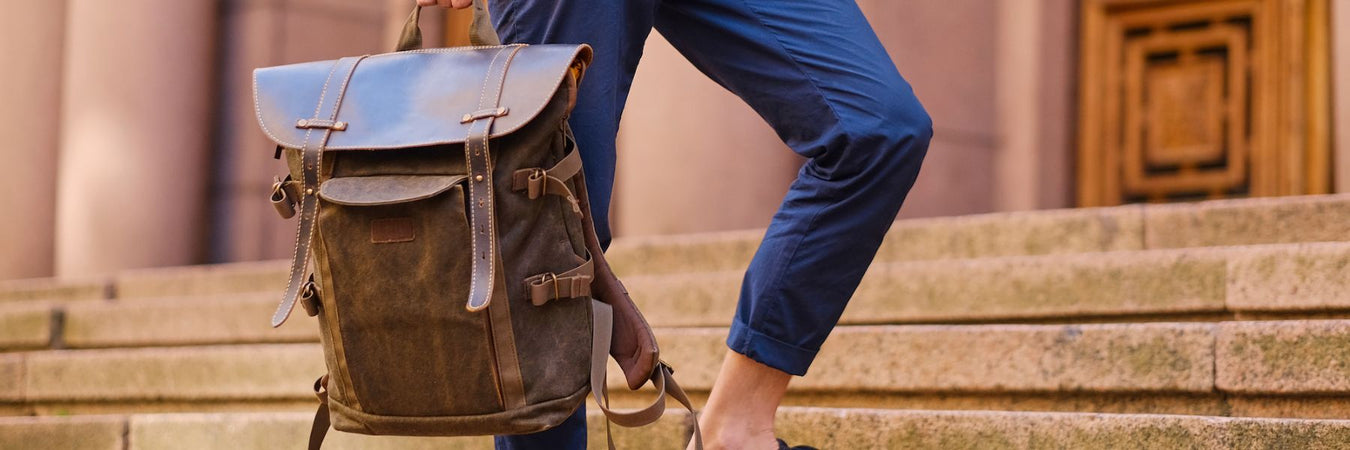
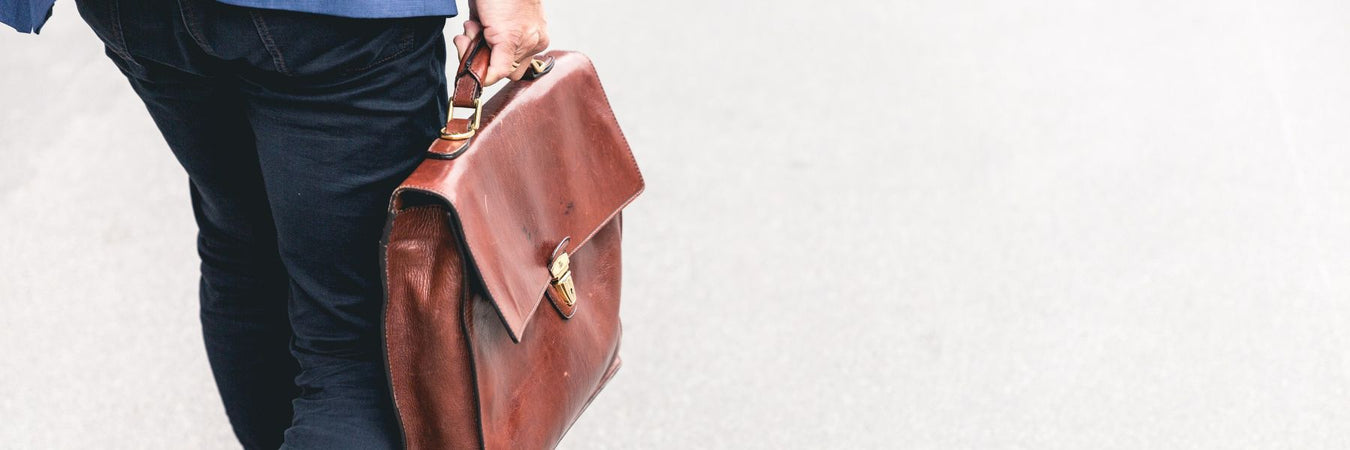
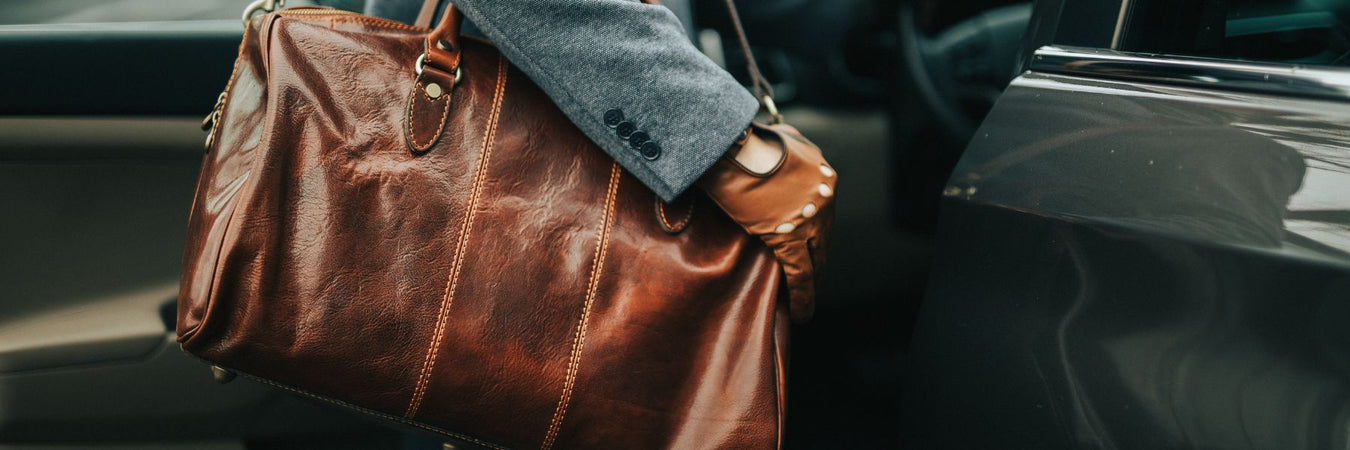
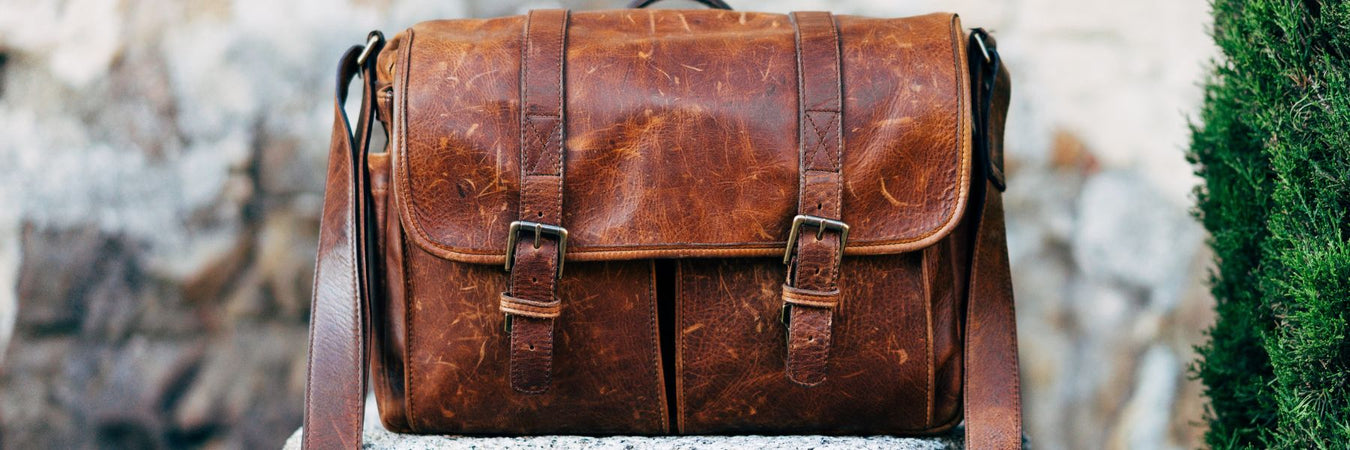
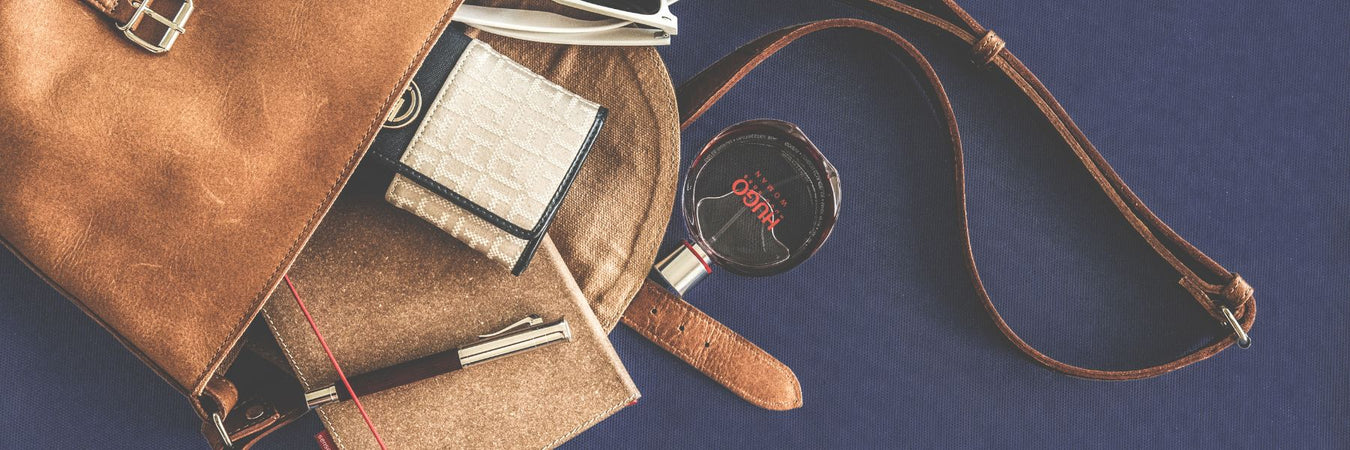
Leave a comment